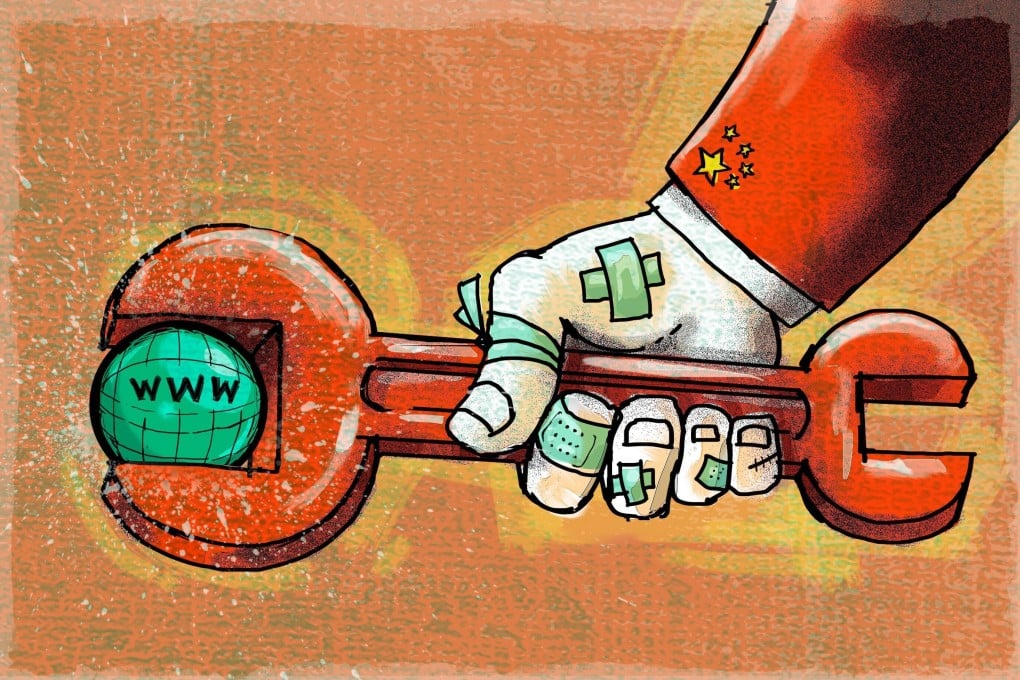With rising confidence, Xi Jinping wields the internet as a tool of empowerment and control, speeches reveal
- A new book reveals Chinese President Xi Jinping raised concerns about the Communist Party losing the battle for public opinion online
- Over the course of seven years, Xi has transformed China’s internet policies, emphasising cyberspace as a tool for governance and national rejuvenation

The Chinese government has made technology and innovation key priorities in its development plans for the next five years, as it strives to build a “Digital China” and overtake the US as the world’s No 1 economy. In this third and final part of a series looking at the politicisation of China’s internet landscape, we explain how the views of China’s paramount leader, Xi Jinping, about the internet have evolved into what they are today.
In August 2013, after just five months as China’s top leader, President Xi Jinping held a closed-door meeting with the country’s propaganda officials in Beijing to raise concerns about the Communist Party losing control of the national narrative online.
“The internet is now a key battleground for public opinion,” Xi said in a speech at the time. “Anti-China forces in the West have always tried to ‘topple China’ via the internet … Whether we can hold on and win the fight on the battlefield of the internet matters to our ideological security and regime safety.”
New insight into Xi’s thinking on the role of the internet and its relationship to state power were unveiled with the publication of a new book titled Excerpts of Xi Jinping’s Discourse on Cyberspace Superpower, which contains selections from remarks he gave between early 2013 and the end of 2020. Some of these had been a state secret until the book went on sale in January.
The 171-page book groups Xi’s quotations into nine chapters under themes such as “enhancing the party’s centralised leadership over cyberspace affairs”, “making China a cyberspace superpower”, “winning the battle of online ideological struggle”, and “building up shared destiny in cyberspace”.